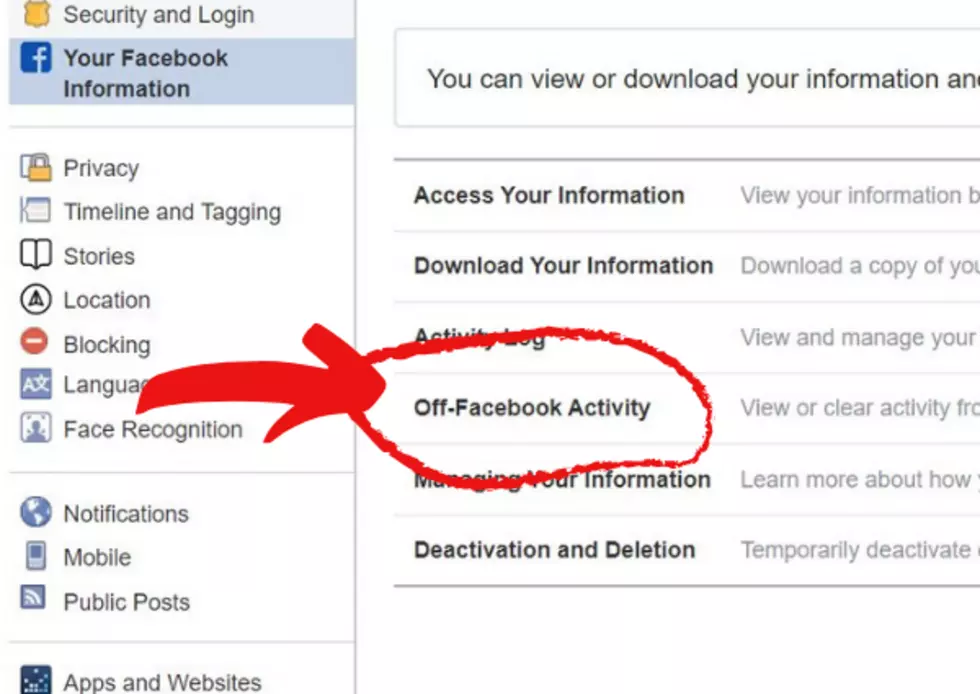
The Internet is Running out of Addresses
For some time now, the engineers who run the internet have been saying that we are running out of IP addresses. IP addresses are how computers are identified on the internet and we are able to go to webpages. This past week, the last of the addresses ran out. What are we going to do now?

Well thankfully, we know exactly what we’re going to do to fix it. The question is, how fast and easy can the fix be made for the average everyday user. Currently, the internet uses what is called IPv4, which stands for Internet Protocol version 4. It was developed in part by scientists at D.A.R.P.A., the Defense Advanced Research Projects Agency and a branch of the U.S. Department of Defense, while coming up with a network for the country to use, to stay in communication in the event of a nuclear attack. This would become what we know as the internet.
IPv4 uses numbers that look like this: 192.168.1.1, and are associated with a domain name, like lite987.com. Using a service called DNS or Domain Name Service, when you type in our webpage address, your web browser looks up the IP address for the website using the DNS, which then tells your web browser the right computer, using an IP address, where our webpage is.
IPv4 uses 32bits, so doing the math that’s about 4 Billion unique IP address. But, around 300+ million are reserved for private networks and other essential behind the scene usage. But that still leaves pretty close to 3 billion+ addresses, that we have pretty much used up now. So how do we fix this? With IPv6 of course! But there’s a problem. It’s still under development for the most part.
One upside is that IPv6 is 128bits, so that gives us 34 Undecillion unique addresses. That’s the number 34 followed by 36 zeros. And an IPv6 address looks like this: 2001:0db8:85a3:0000:0000:8a2e:0370:7334. So not as easy to remember as the IPv4 address, but at 34 undecillion addresses minus a few billion reserved addresses, it’s figured this will tide us over for the foreseeable future.
Another upside is many servers that give you your webpages and other services on the internet can use IPv6 already. A big downside, is just a lot of the software routers and computers that many everyday people use, either don’t support or have limited support for IPv6. And getting all those computers and routers updated is no small task. So the engineers need to figure out how to get that done. The internet won’t just stop working, just that any one who needs IP addresses for new services or companies, will have to wait a while till some free up, or IPv6 is completely rolled out.
More From Lite 98.7









